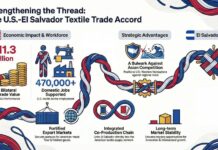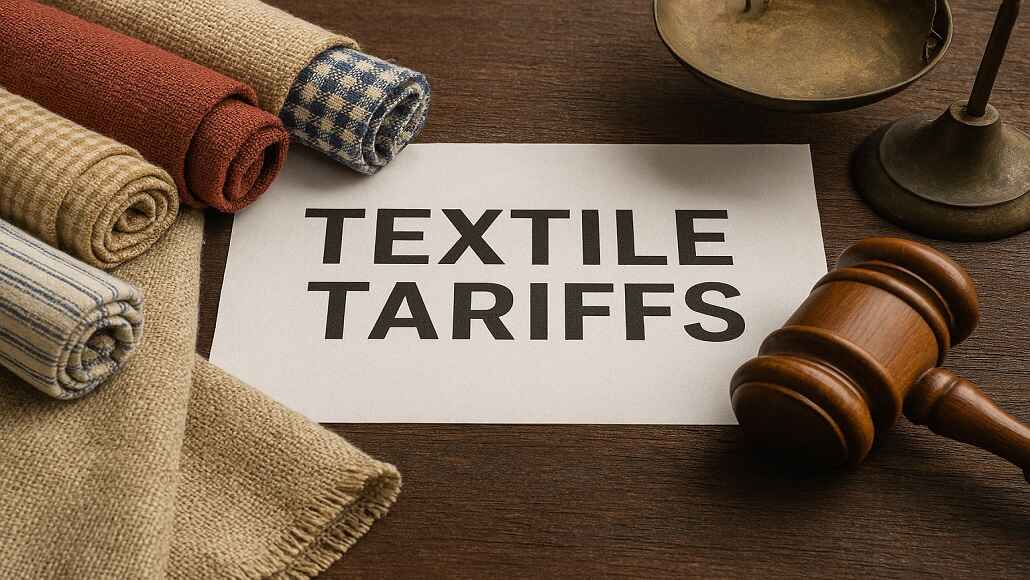The Confederation of Indian Textile Industry (CITI) has described the Trump administration’s 90-day suspension of reciprocal tariffs as a temporary measure. The organization has urged the Indian government to consider establishing an interim Textile Exports Protection Scheme to help alleviate the additional tariff costs faced by exporters.
CITI, which represents the textile sector, stressed the importance of enhancing communication with U.S. counterparts to achieve a more sustainable and mutually beneficial solution. The United States is India’s largest market for clothing and textiles.
Originally scheduled to go into effect on April 9, reciprocal tariffs on 75 countries with which the U.S. has a trade imbalance have been postponed by 90 days following President Donald Trump’s announcement on Wednesday.
In contrast, the U.S. has raised the tax rate on Chinese imports to 125% “effective immediately.” The 10% tariff implemented on April 5 will remain in place. For India, the additional 16% tariff has been deferred for the next ninety days.
Indian textile and apparel (T&A) exporters, who were bracing for heightened tariff barriers, will benefit from this temporary relief. However, CITI Chairman Rakesh Mehra emphasized that this measure is merely a stopgap. He urged the government to enhance discussions with U.S. officials to devise a more sustainable and beneficial resolution.
“The United States is the largest destination for Indian T&A exports,” he noted, highlighting the importance of the U.S. market. While the industry actively negotiates for better tariff access, it is also requesting that the government consider implementing an interim Textile Exports Protection Scheme. Given the slim profit margins for T&A exporters, such a measure would help mitigate the effects of rising tariff costs.

































